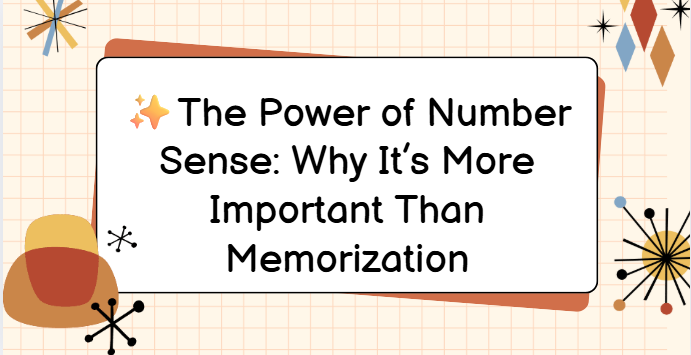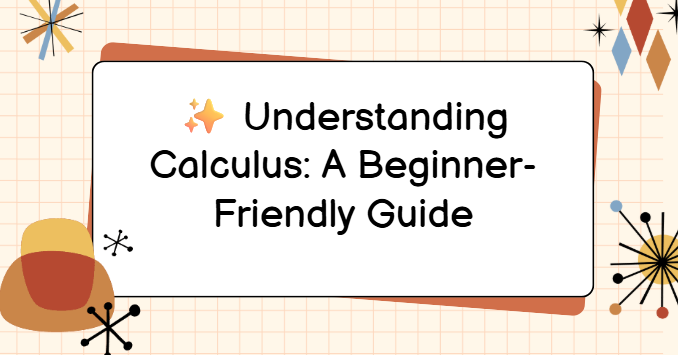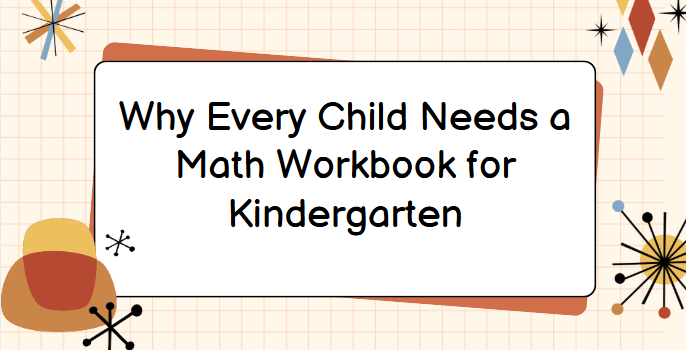
Why Every Child Needs a Math Workbook for Kindergarten
The Importance of a Math Workbook for Kindergarten: Why It’s a Total Game-Changer for Early Learners
Let’s be honest—math isn’t always the subject that gets kids jumping up and down with excitement. But when you put it in the hands of a curious kindergartener using a fun, colorful Math Workbook for Kindergarten, something magical happens.
Math becomes an adventure.
Counting becomes a game.
And suddenly, your child isn’t just learning—they’re loving it.
So, if you’re a parent or teacher wondering “Do I really need a workbook?”—you’re in the right place.
Let’s unpack why a Math Workbook for Kindergarten might just be the best thing you add to your little one’s learning toolkit.
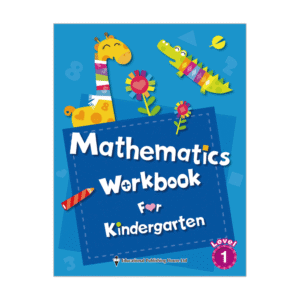
Why Kindergarten Math Is a Big Deal
We often think of kindergarten as the place where kids learn to share crayons and take naps. But it’s also where kids first start building serious mental muscles—especially in math.
They’re learning:
-
How to recognize numbers
-
How to count and sort
-
The concept of “more than” and “less than”
-
Basic shapes and patterns
-
And yes, even simple addition and subtraction
This is where the Math Workbook for Kindergarten steps in like a trusty sidekick.
What Makes a Math Workbook So Useful?
Let’s break it down.
1. It Builds Daily Math Confidence
Imagine your child finishing a page and proudly showing you their work. That “I did it!” smile? Worth everything. A good Math Workbook for Kindergarten builds confidence by letting kids succeed over and over again in small, doable steps.
2. It Reinforces What They Learn in Class
Sometimes, school lessons fly by too fast. Workbooks give your child the chance to revisit concepts at their own pace—without pressure or comparison.
3. It Encourages Independent Learning
You don’t have to hover. Once they get the hang of it, your child can flip open their workbook and go. That sense of independence is priceless.
4. It Boosts Fine Motor Skills
It’s not just math—holding a pencil, tracing numbers, coloring shapes… it all helps your child develop control and coordination.
5. It Adds Structure (Without Feeling Like Schoolwork)
Kids thrive on routine, and adding just 10 minutes a day with a Math Workbook for Kindergarten can make a world of difference.
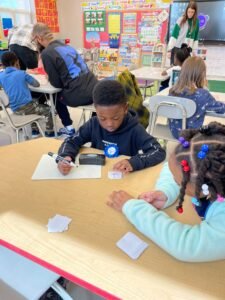
What’s Inside a Kindergarten Math Workbook?
A great one isn’t just numbers and blank spaces. It’s a mix of fun, color, and creativity that hits all the right skills:
🧮 Number Recognition & Counting
-
Matching numbers with pictures
-
Tracing numbers
-
Counting objects in fun scenes
➕➖ Basic Addition & Subtraction
-
Using visuals like apples, cars, or dots
-
Simple problems like “2 + 1 = ?”
-
Hands-on thinking (not just memorizing)
🔺 Shapes and Geometry
-
Identify circles, triangles, squares, and more
-
Drawing shapes
-
Comparing size and number of sides
📏 Measurement & Comparison
-
Bigger vs smaller
-
Taller vs shorter
-
Longer vs shorter
-
Heavier vs lighter
🎲 Patterns and Sequences
-
Color patterns
-
Object patterns
-
Completing what comes next (a huge early logic skill)
🕒 Time & Money (Intro Level)
-
Recognizing clocks and simple times (like noon or bedtime)
-
Learning what a penny or dime looks like
How to Choose the Right Math Workbook for Kindergarten
Not all workbooks are created equal. Here’s how to spot a winner:
✅ Age-Appropriate Language
Look for simple, clear directions. It should feel like it’s talking to your child—not above their head.
🎨 Visually Engaging
Bright colors. Fun illustrations. Big letters and numbers. The more visually inviting it is, the more likely your child is to use it.
🧠 A Gradual Learning Curve
The best books start easy and get harder—step by step. This helps your child feel capable instead of overwhelmed.
🧩 Mix of Activity Types
There should be drawing, tracing, circling, coloring, and counting—not just filling in blanks. Variety = fun.
Tips for Making Workbook Time Fun and Effective
Let’s keep it real—some days your child will be in the mood… and some days they won’t. That’s okay. Here’s how to make it easier:
✨ 1. Make It Part of the Daily Routine
Before breakfast? After school? Choose a time that works—and stick to it.
✨ 2. Sit Together (But Don’t Hover)
Let them know you’re there if they need help, but give them room to try.
✨ 3. Use Rewards (No Shame!)
Stickers, check marks, praise, or even 5 extra minutes of screen time—whatever works for your kid, go for it.
✨ 4. Make It a Game
Use a timer (“Can you finish this page in 5 minutes?”)
Or create characters (“Detective Dino needs help counting the bones!”)
Why Parents and Teachers Love MathematicalSpace.com
Want to skip the guesswork and get a workbook that’s already trusted by educators?
👉 MathematicalSpace.com has some of the best Math Workbooks for Kindergarten out there.
They’re:
-
Created by real teachers
-
Filled with colorful, age-appropriate activities
-
Designed to build real skills and real confidence
If you want something that works—you’ll find it there.
Final Thoughts: It’s More Than Just Math
A Math Workbook for Kindergarten is more than numbers on paper.
It’s a tool for:
-
Confidence
-
Creativity
-
Routine
-
Joyful learning
And when your child starts seeing themselves as “good at math”? That belief sticks for years.
So grab a workbook. Sit down for 10 minutes. Make it fun.
You might be surprised how much they love it.
❓ FAQs About Math Workbooks for Kindergarten
Q1: Is my child too young for a math workbook?
If they’re 4–6 years old and can hold a pencil, they’re ready!
Q2: How often should we use it?
Just 10–15 minutes a day is perfect. Short and sweet.
Q3: Should I get a digital or paper workbook?
Paper is best for motor skills. But digital is great for on-the-go practice. Mix it up!
Q4: My child gets frustrated easily—any tips?
Pick a simpler page. Use praise generously. And take breaks when needed.
Q5: What if I’m not good at math myself?
No problem. You don’t need to be a math whiz—just be encouraging and curious with them.
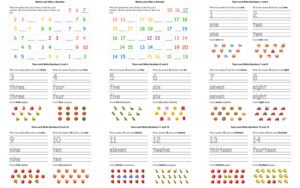
Our website
Our instagram

